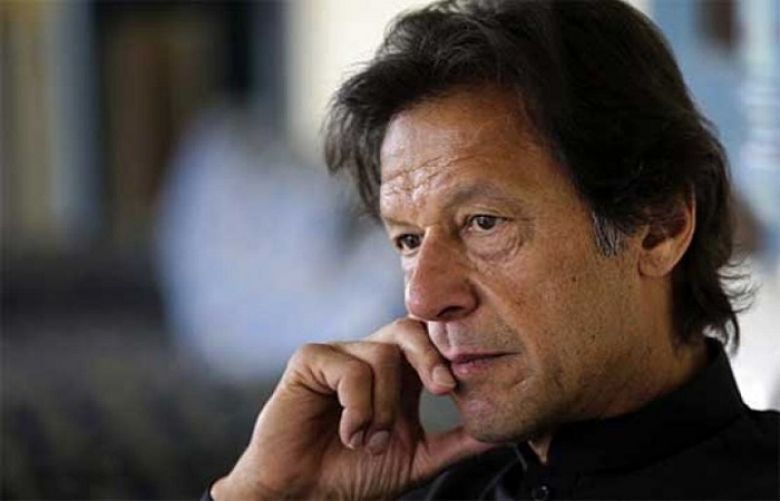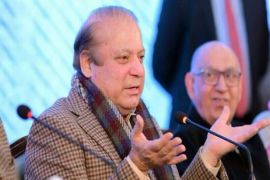Pakistan Tehreek-e-Insaf Chairman Imran Khan has challenged in the Islamabad High Court the non-bailable arrest warrants issued against him by the Election Commission of Pakistan (ECP).
On October 12, the ECP issued non-bailable arrest warrants for the PTI chief in relation to a contempt of court case against him.
The petition states that the ECP has made him a target of political victimisation and exceeded its jurisdiction.
It also states that the commission has violated his basic rights by issuing the warrants.
Read more: Contempt of court: ECP issues non-bailable arrest warrants for Imran
The five-member ECP, bench headed by Chief Election Commissioner Justice (retd) Sardar Raza Khan, has ordered the police to arrest Imran and present him before the commission on October 26.
Earlier, on September 14, the ECP had issued bailable warrants against Imran to ensure his presence in the case.
The ECP had ordered Imran to submit a surety bond of Rs100,000 until September 25 and nominate two persons who would ensure payment of the amount and be held responsible otherwise.
Imran was also ordered to appear on that day in the commission in person.
However, the PTI approached the IHC which, on September 20, suspended the bailable arrest warrants.
Also read: Imran Khan to voluntarily appear before ECP on Oct 26
The ECP had issued the contempt notice to Khan on January 24 over his “scandalous remarks” about the commission.
Akbar Babar, the petitioner who had filed the foreign funding case against the PTI leadership, had informed the ECP that the PTI chief had accused it of being biased in the foreign funding case following which his counsel tendered an apology with the commission.
Babar is also one of the founding members of the PTI.
Several times since then, Imran has accused the ECP, among other government bodies, of being compromised and working for the benefit of Nawaz Sharif, the former prime minister and head of the ruling party, the Pakistan Muslim League-Nawaz.







